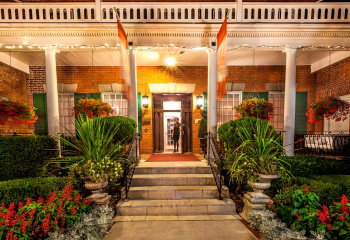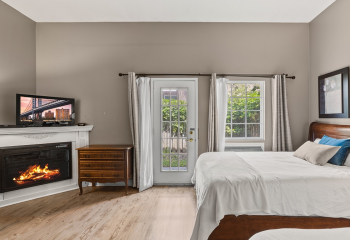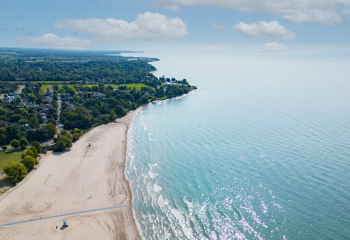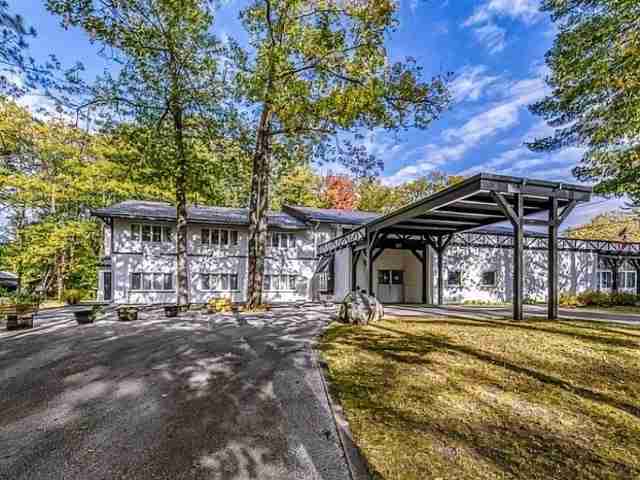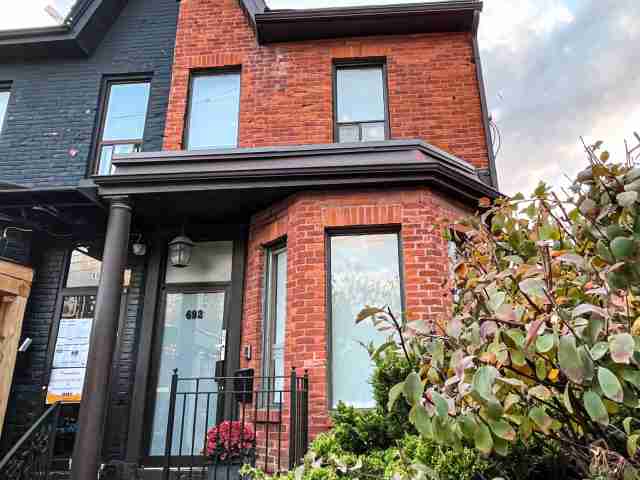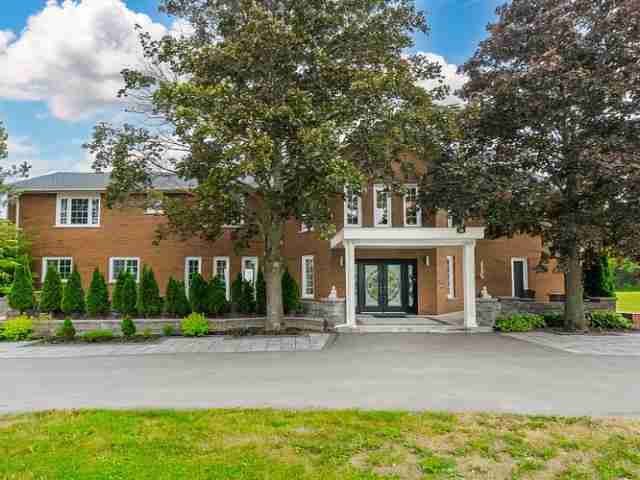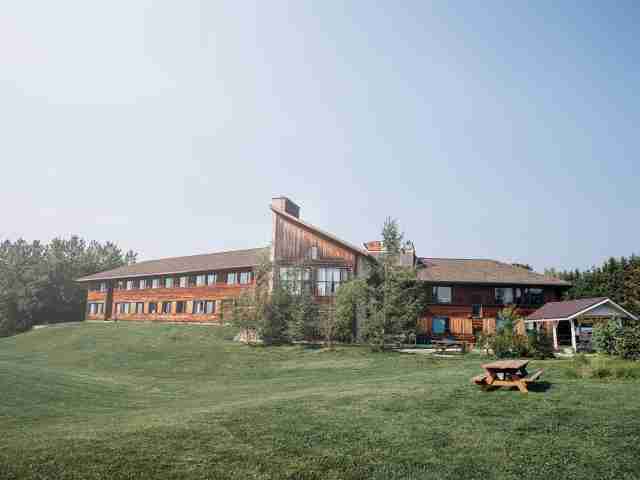Best Individual Treatment Programs in Ontario
Our research team evaluated the 18 best individual treatment treatment centres in Ontario. Individual Treatment programs can treat addiction as well as address mental health conditions like depression, anxiety, trauma, and more. Review our curated list to find the best rehab centre that meets your needs.

18 Centers
How we sort our results
Centers are ranked according to their verified status, relevancy, popularity, specializations and reviews. Additionally, compensation from advertisers is also a factor taken into consideration when determining the order of similar centers.
Featured Individual Treatment Programs
Top Treatment Locations
Need help finding care?
Let us point you in the right direction.
Why Trust Recovery.com
Evidence and ethics matter to us. Since 2013, our expert team has built comprehensive resources you can trust to find the right treatment for you.











